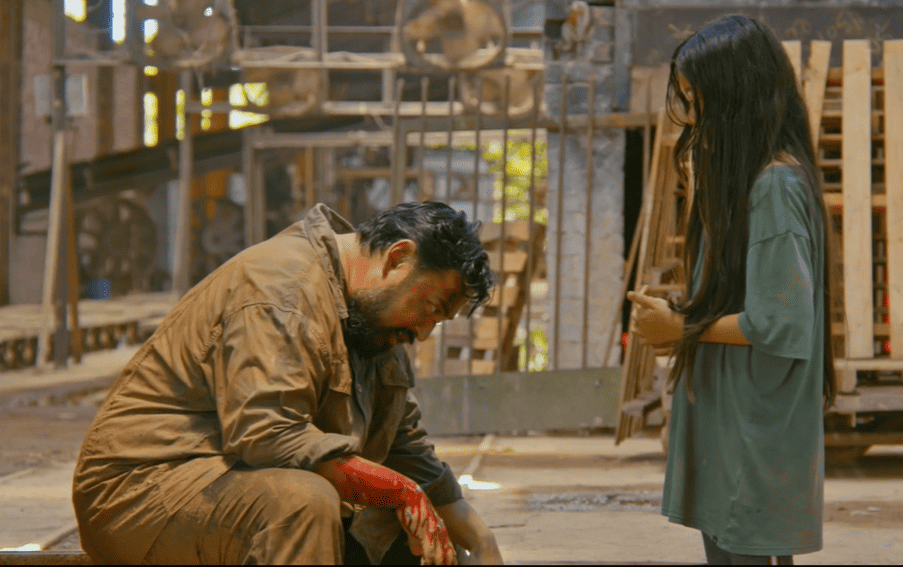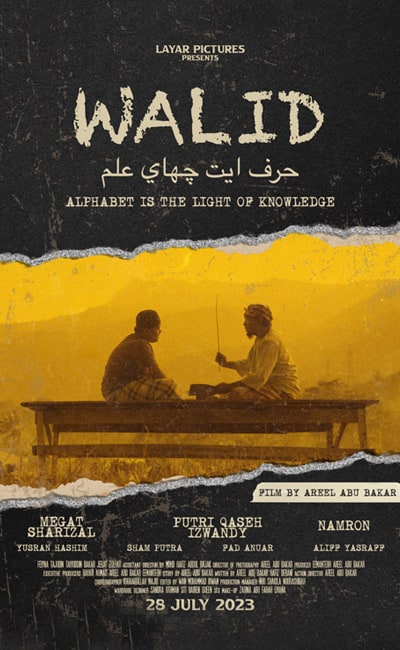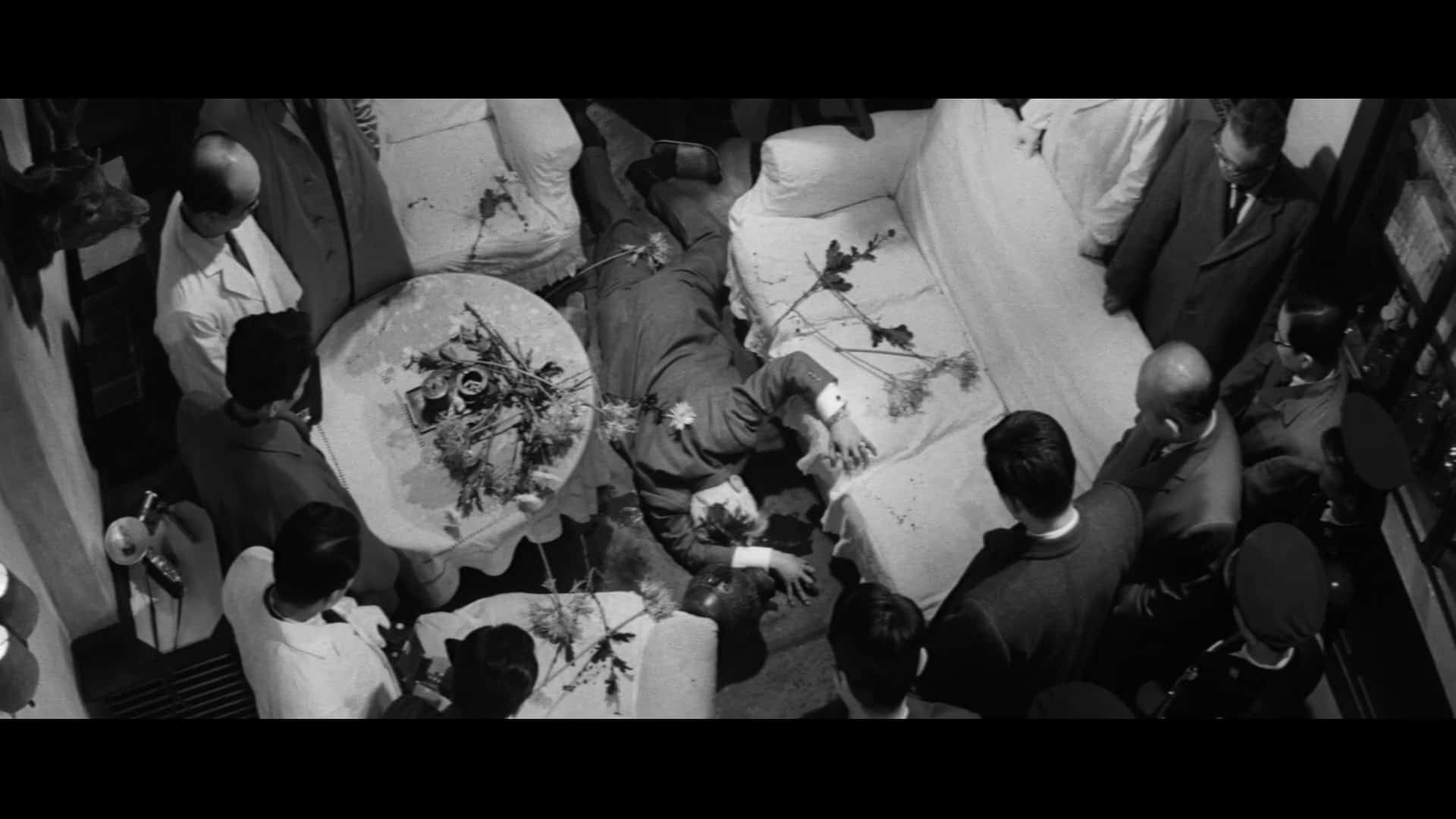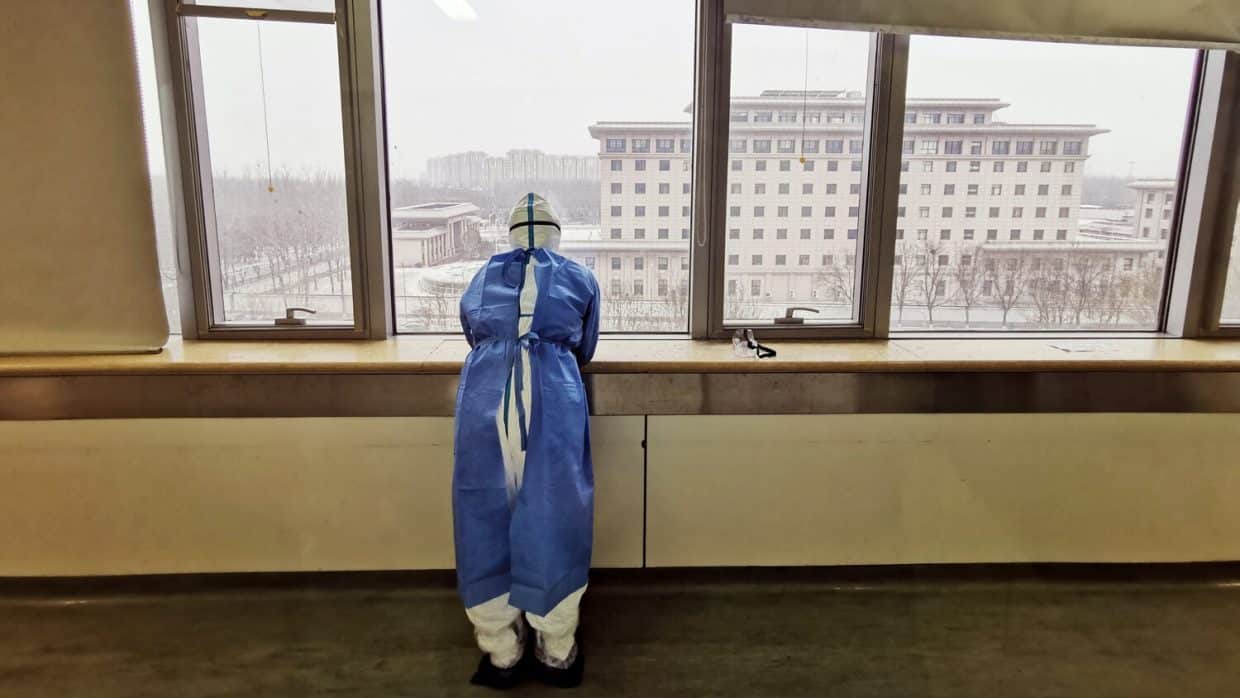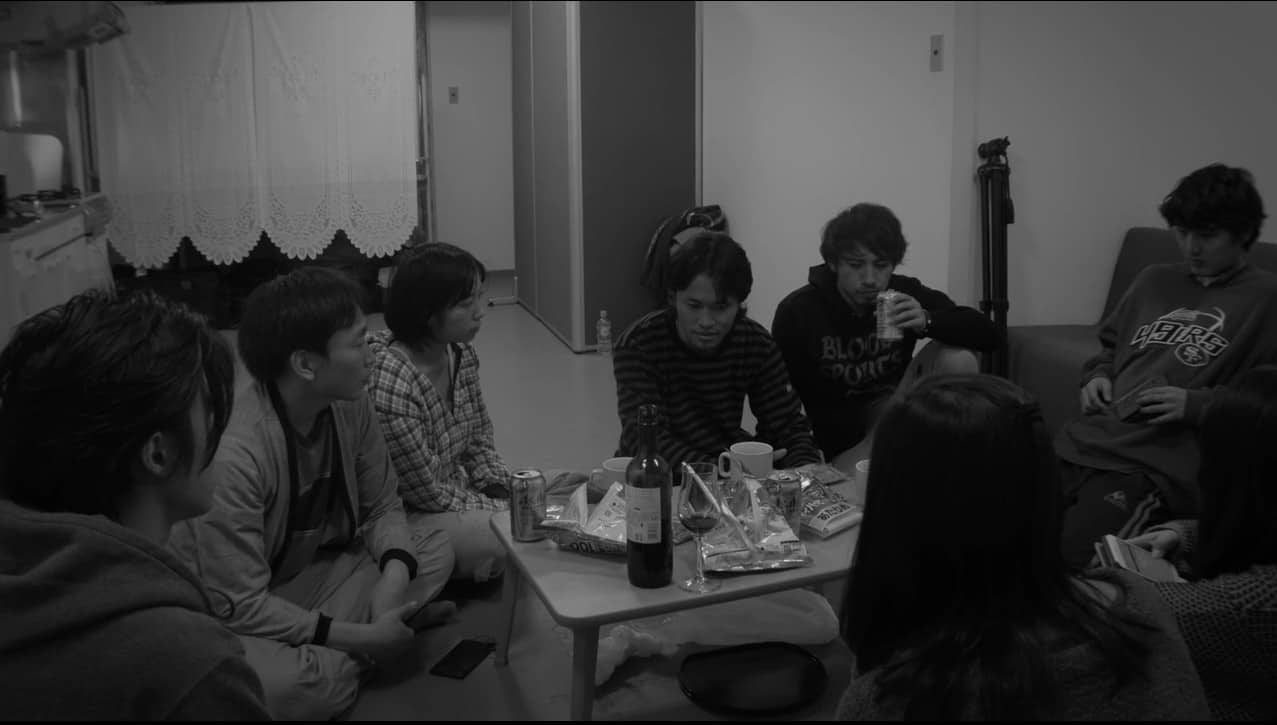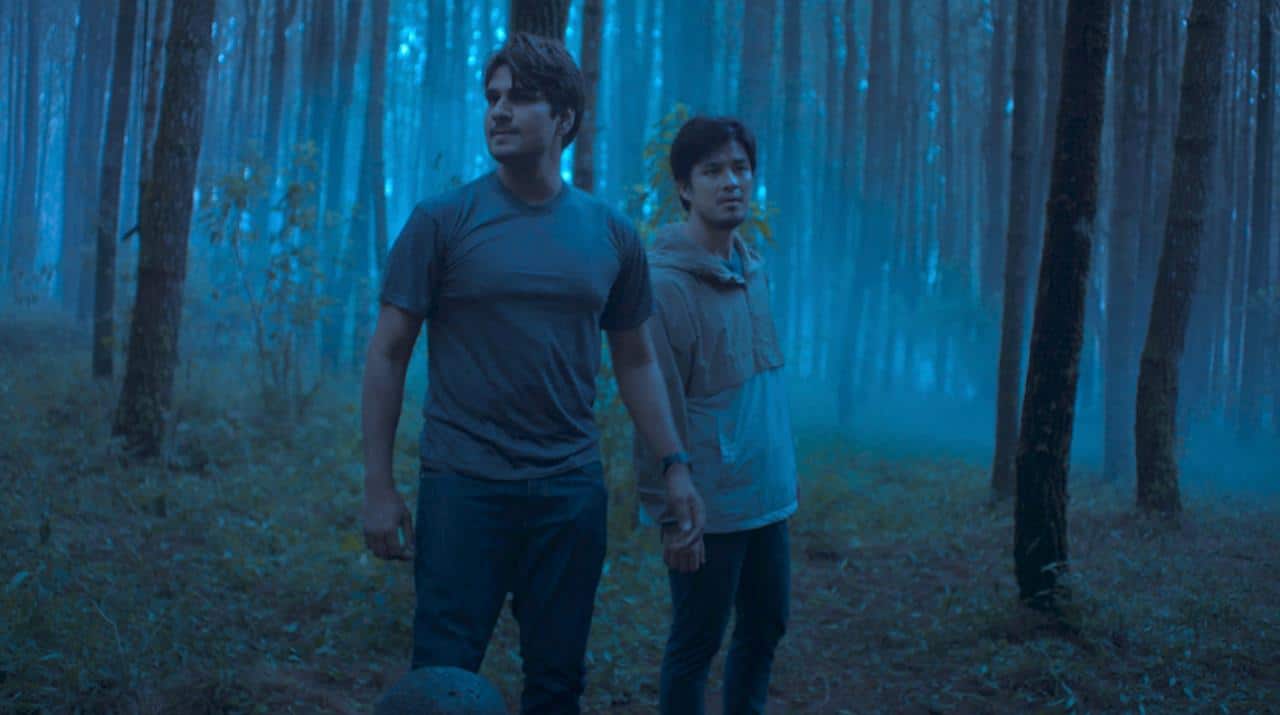Inspirational teachers and action cinema always seems to recall “The Substitute” series of American movies back in the 1990's. It is an odd mix to combine from a storyline perspective with a high probability of being either preachy or exploitative. It does however offer a mix of dramatic possibilities. Which leads us to “Walid”, a Malaysian feature that aims to deliver just that whilst promoting the Silat martial art to a wider international audience.
“WALID” Opens in U.S. Theaters, July 28 at Cinema Village in NYC and August 11 at the Laemmle Glendale in LA, courtesy of Outsider Pictures
Walid (Megat Sharizal) gives his time teaching the underprivileged children in the village, extolling the virtues of how to live life through giving them the chance to read and write. One day, he notices Aisha (Putri Qaseh) a young girl from a neighboring village watching his class from the outside and intrigued by this, begins to get to know her. Slowly a friendship develops, and he encourages her despite the initial reluctance of her mother. A syndicate has been kidnapping local children as part of an exploitation ring and one day raids the village taking several away including Aisha. Determined to find her, Walid enlists support as this seemingly mild teacher turns out to be quite the opposite.
Check also this interview
The opening half is very much focused on the relationship between Walid and the Aisha. As we learn elements of his backstory. it is clear that she represents a substitute for his own lost child. There is an intriguing story behind the surface around the place of immigrants in society, with Walid representing those that would have a more inclusive culture. An elder expresses his views clearly in that these migrants can't be trusted, reflecting the clash between old and new worlds only to be challenged by others shortly after. Aisha's mother is even more explicit, accepting her fate with an understanding that she and her daughter are destined for hell whilst the locals will all go to heaven. It's a bleak view of a society that is fragmented. Walid himself is an enigmatic figure as, whilst we see him being taught the virtues of the Quran at the beginning, we don't really get to understand him or his actions until much later. As for the villains, there is no shade of grey. They are just simply evil with no redemptive features in any of them and are there to reflect Walid's purity. During the kidnap that triggers the switch in tone, there is an interesting musical choice, with the getaway driver listening to a song that addresses foreign invasion. All of this leaves us with the impression of a culture in argument with itself and what it wants to be.
Switching to virtual non-stop martial combat in the second half poses an interesting question. Can you have too much action in an action movie? There is an argument for it being too much here as it does start to get a bit repetitive despite the brutality on display. The editing choice is an interesting one as it has an almost American B-movie style with most of the sequences having a singular move in each edit. This emphasizes the impact of the blows but arguably at the expense of the flow of movement. The action is vicious with dislocations aplenty that are shown in quite graphic detail. It can leave the viewer a bit disengaged by the final reel, though purely through exhaustion. In addition, there is barely any music and so it's a lot of shouting and screaming – so just a warning for those of a sensory disposition.
Furthering the nostalgic memories of the B-movies of old is the fact that everyone seems to know martial arts. From the mother at the beginning utilizing the washing ala Yuen Biao in “Dreadnaught” to the teachers unleashing their Silat moves in the elongated finale. There is a similarity here to the Thai action new wave with its promotion of Muay Thai and the feature acting as a showcase of the art through the central casting.
The idea of spending the first half of the feature with hardly any action is to allow the drama to build as we get to know the central characters. Yet once it all kicks-off we get some random introductions that struggle to generate the empathy as they are just thrown into the fight sequences and so present more for the spectacle. It creates an odd, almost grindhouse feel as all the political context is stripped away to a personal confrontation once Walid enters the fray. Director Areel Abu Bakar had previously directed “Geran” in 2019 which as the title suggests has a focus on the art. As to whether “Walid” does the same for Silat as “Ong Bak” did for Muay Thai, only time will tell. As a calling card for bigger things, it's a decent showcase, and by making the most of its resources it looks good while Bakar clearly has an eye for action. As a scriptwriter it's where the work is probably needed, with the characterizations slipping into cliché and the sentiment at times being overly preachy, conflicting with the desire to entertain.
Putri Qaseh delivers impressively as the young girl with a desire to learn despite her circumstances. She avoids the over “cuteness” that tends to dominate such characters and feels natural. Her interplay with Megat Sharizal's Walid is what gives us the central heart of the piece. Without it, there would be no emotional core to engage the audience for the second half. It's a contradictory performance for Megat Sharizal and not in a negative way. Initially quiet and controlled, all we get is his desire to teach and to almost “rescue” Aisha through education. That rescue becomes literal as we switch to the action-focused side with him still presenting a sense of control only more rage-fueled as we come to realize the reasoning behind his actions. After two decades in the industry, it's a breakout performance for this versatile performer.
“Walid” is a curious feature. Part serious drama focusing on exploitation of young children and the lack of educational support for the poor, part violent action movie. It's like someone in Malaysia watched a Steven Seagal film (From his preachy days ala “On Deadly Ground”), decided to add some local context with its child exploitation storyline and put it in a blender and see what came out. The result, however, is better than you would expect. You do engage with the central concept even if it is a bit sentimental, which means, once the action begins, you have a reason to care. Its weakness is that the sudden throwing in of secondary characters detracts from this to a degree. Yet when you get past this, than it's an enjoyable piece that comes from a market less known for its action cinema. Always good to try something new!


